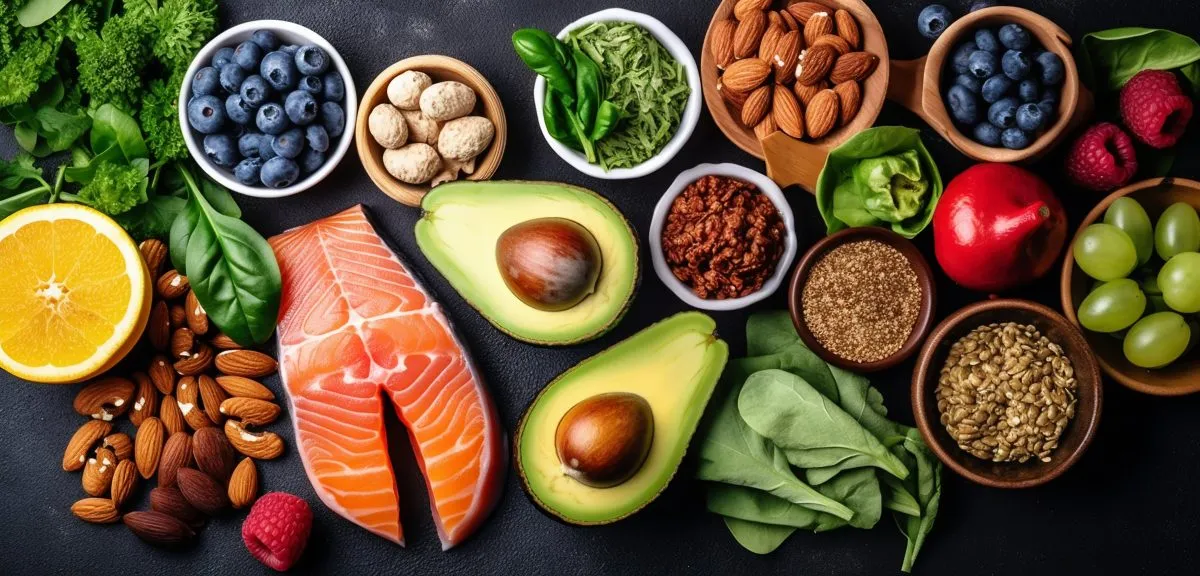High levels of testosterone are associated with a more dominant personality, greater strength, sexual appetite and low body fat. Cutting out some bad habits and starting some new ones is the key to unlocking more energy and making life easier.

Exercise Regularly:
Lifting weights and other forms of resistance training can help increase testosterone levels. Can influence how the body processes insulin, thus playing a role in blood sugar regulation and metabolism. Three days minimum.
High-Intensity Interval Training (HIIT): Studies show that short, intense bursts of exercise followed by periods of rest can be particularly effective.

QUALITY SLEEP :
Aim for 7-9 hours of sleep per night. Poor sleep can significantly reduce testosterone levels. Avoid blue light for screens, try to read 40 min before close your eyes.
Avoiding good sleep triggers the body’s stress response. The adrenal glands produce more cortisol as part of this response, leading to high cortisol levels can impair cognitive functions, including memory, concentration, and decision-making, and physical issues increasing appetite and cravings for high-calorie foods, leading to weight gain, particularly around the abdomen.
If you can’t get a good night’s sleep, practices such as meditation, deep breathing, and yoga can help you manage stress to help lower cortisol.

Protein Intake: Ensure adequate protein consumption, which supports muscle growth and hormone production (eggs turkey chicken red meat nuts almonds nut butters fish perch shrimp salmon sardines mackerel milk yogurt cheeses, among others).
Healthy Fats: Include sources of healthy fats like avocados, nuts, and olive oil. Cholesterol is a precursor to testosterone (eggs butter olive oil almonds nuts avocado Raw cheese dark chocolate (70%> ) peanut natural yogurt, among others).
Carbohydrates: Carbs are important, especially around exercise, to maintain energy levels and support hormone balance (fruits grain(wholemeal bread) bread, legume, potato, sweet potato, cereal lentils, pasta, rice, vegetables, among others).
Fibers : Fibers: Fiber is your main ally if you can stop eating unhealthy foods; slows the digestion of carbohydrates, leading to a more gradual release of glucose into the bloodstream, which helps in maintaining stable energy levels and preventing energy crashes. (broccoli, berries, avocados, whole grains (wholemeal bread), apples, potatoes, almond,s dried fruits, among others.)
Micronutrients: Zinc and vitamin D are crucial for testosterone production. Foods like oysters, eggs, and fatty fish can be beneficial.

Get Sunlight:
Sunlight exposure or taking vitamin D supplements can help increase testosterone, especially in those who are deficient. Adequate sun levels are linked to mood regulation, confidence, and overall mental well-being, lack of it can contribute to feelings of depression, irritability, and fatigue. Minimum 20 minutes.

SOME BENEFITS:
Anabolism: Testosterone promotes protein synthesis, leading to increased muscle mass and strength. This is why men generally have more muscle mass than women.
Bone Health: Testosterone helps maintain bone density, reducing the risk of osteoporosis and fractures. Low testosterone levels can lead to weakened bones.
Libido: Testosterone is critical for maintaining a healthy sex drive (libido) in men.
Sperm Production: It also plays a key role in sperm production, making it essential for fertility.
Vitality: Testosterone is associated with overall energy levels and stamina. Men with low testosterone may experience fatigue and decreased motivation.
Cardiovascular Function: Testosterone is thought to have a role in heart health. It may help with the production of red blood cells, and some studies suggest it could be beneficial for heart function.
Body Hair: Testosterone influences the growth of facial and body hair.






